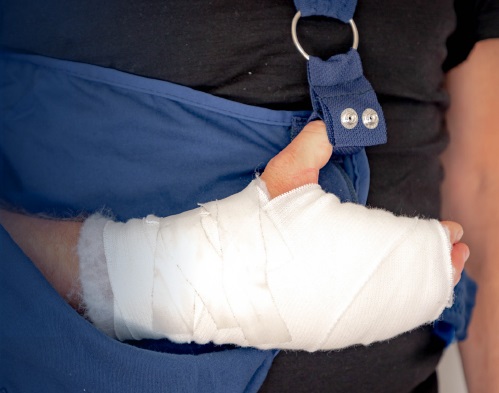 Serious hand injuries can drastically change a person’s life and yet in many cases, the injury could have been preventable, or at least minimised by wearing appropriate hand protection.
Serious hand injuries can drastically change a person’s life and yet in many cases, the injury could have been preventable, or at least minimised by wearing appropriate hand protection.
Aside from cuts, the most common type of hand injury is a crush injury, which occurs when a worker’s hand becomes trapped between two objects. This can cause severe bruising, broken bones, nerve damage, and even amputation. Crush injuries can be particularly severe if the objects involved are heavy or if the worker is unable to free their hand in time.
The next most common type of hand injury is an impact injury. This type of injury is caused by a direct blow to the hand, which can cause fractures, dislocations, and deep tissue damage. Impact injuries can also be caused by repetitive motions such as hammering, which can cause carpal tunnel syndrome.
Safe Work Australia statistics show that:
- The wrist and hand were the most common site of injury at 38% of all work-related hospitalisations in Australia
- The majority of these involved fingers or thumbs (24% of work-related hospitalisations).
A recent report into the Safety Performance In The WA Mineral Industry- 2019/2020 also showed that:
- 16% of the serious injuries are hand related, and;
- The top 3 hand injuries included:
- 42% of hand injuries where a hand was caught by or in between a machine
- 13% struck by an object
- 10% Contact with a tool
The same report also showed that onsite injuries sustained consisted of the following types of hand injury:
- Hand Impact & Crush Injury – 56%
- Hand Cut and Laceration Injury – 33%
- Hand Penetration and Puncture Injury – 11%
Unfortunately, there's no way to eliminate the risk of hand injury entirely, short of finding a new job. However, you can reduce the chances of sustaining such an injury with proper hand protection, with gloves properly rated for your worksite and the risks you're likely to be exposed to. There are a wide variety of gloves on the market, so if you need some help finding out which gloves are right for you, feel free to visit us in-store or message us online. We're always happy to help.
For further information, view Bunzl Safety's post on this topic





